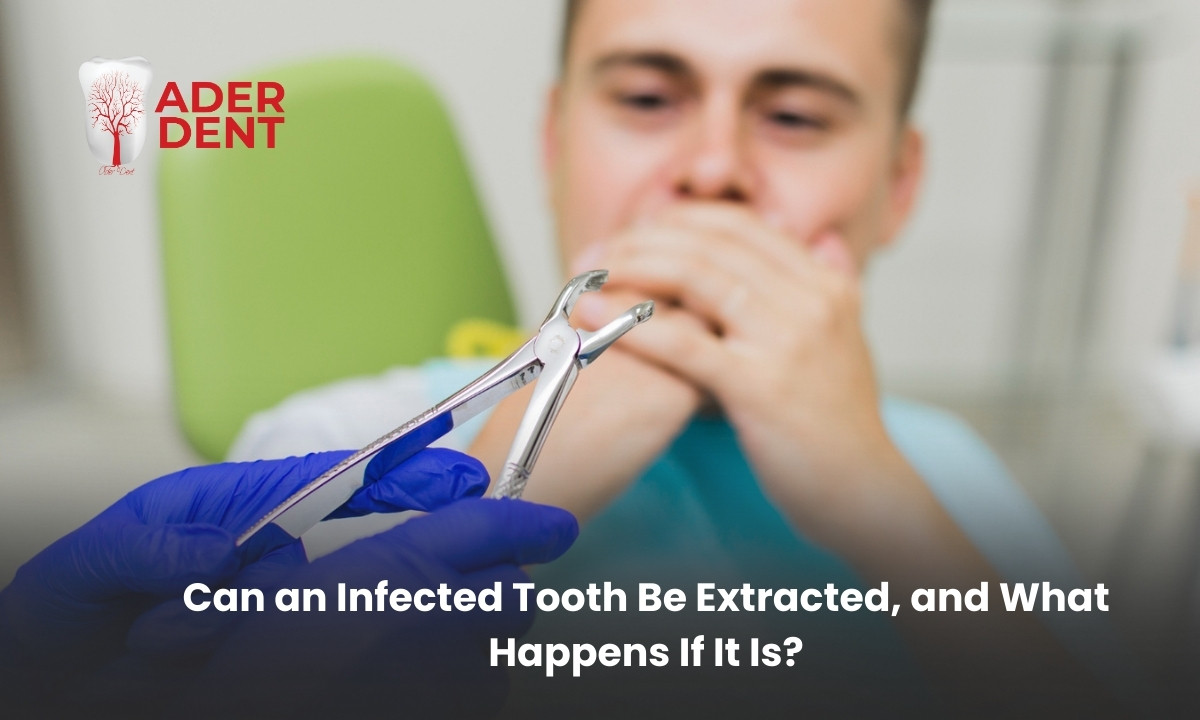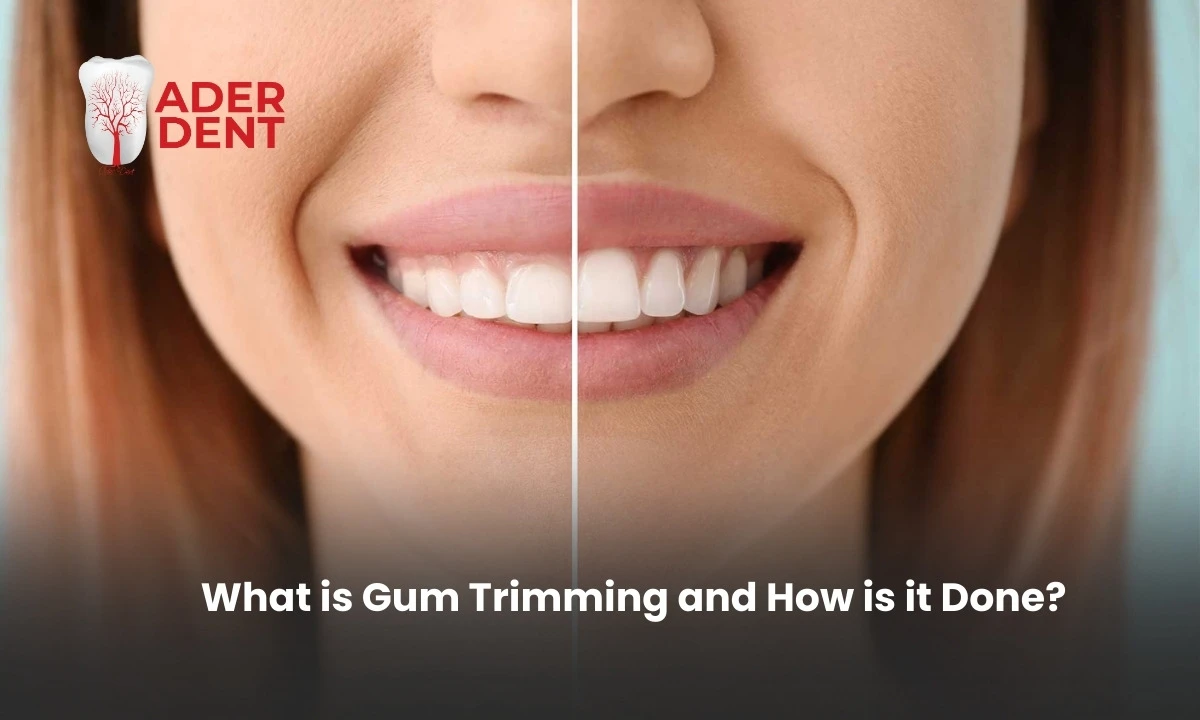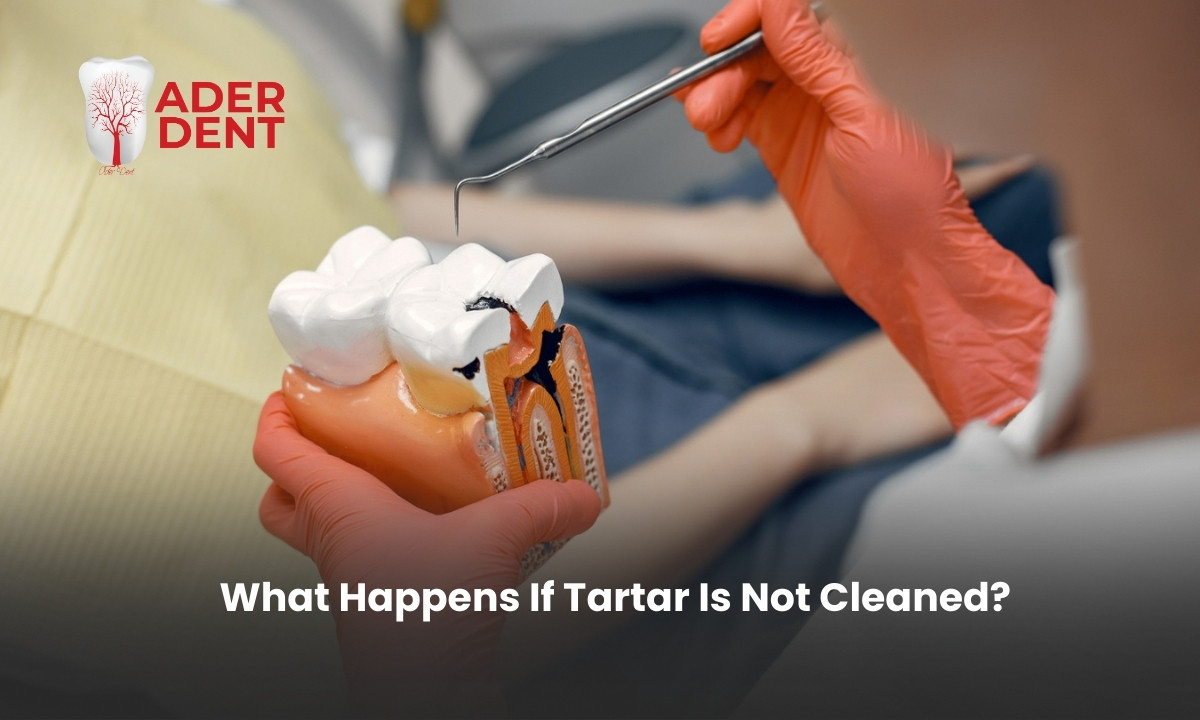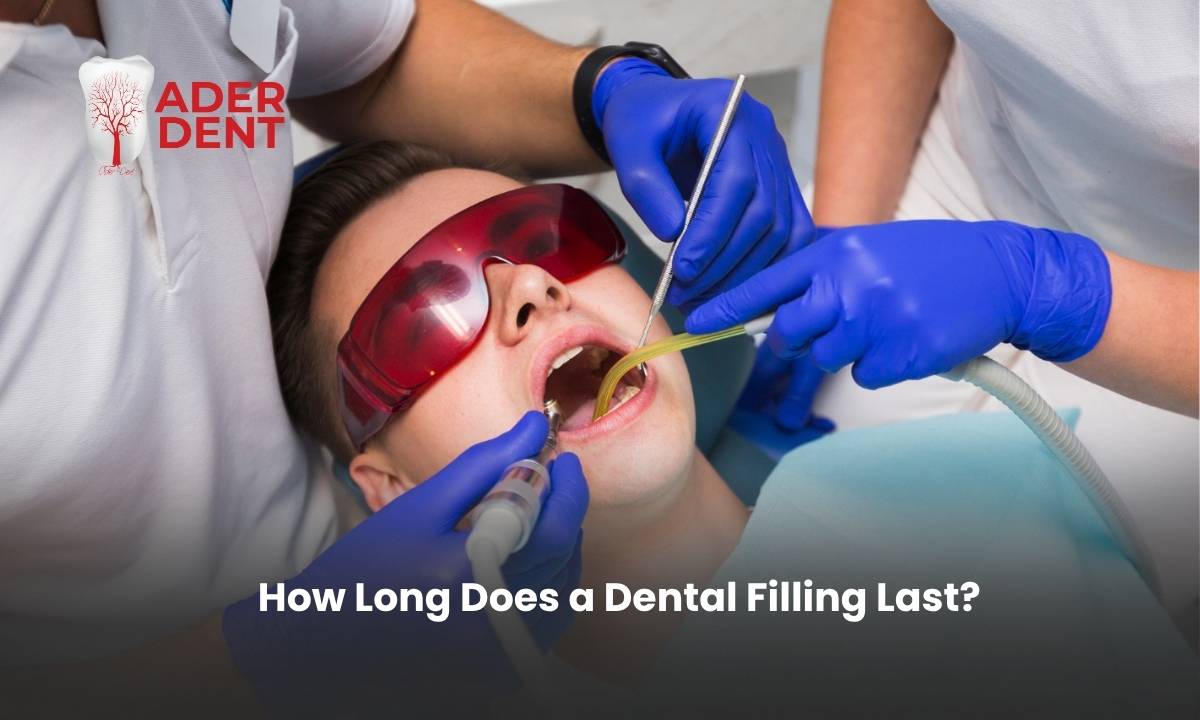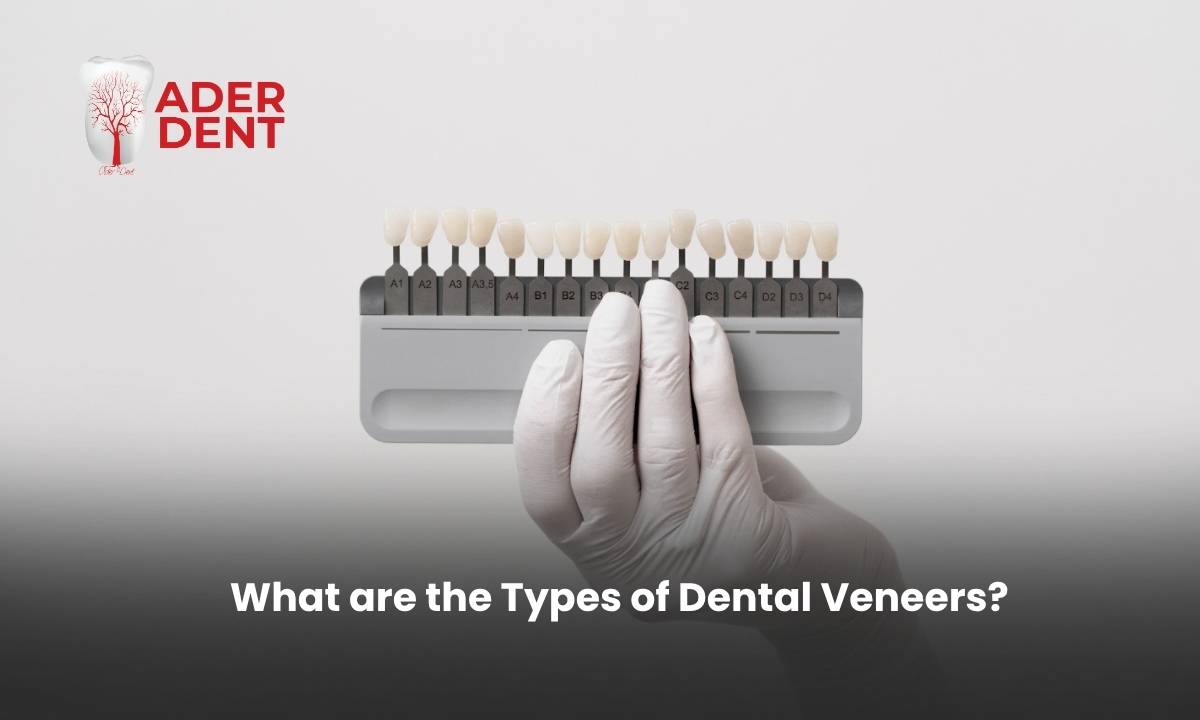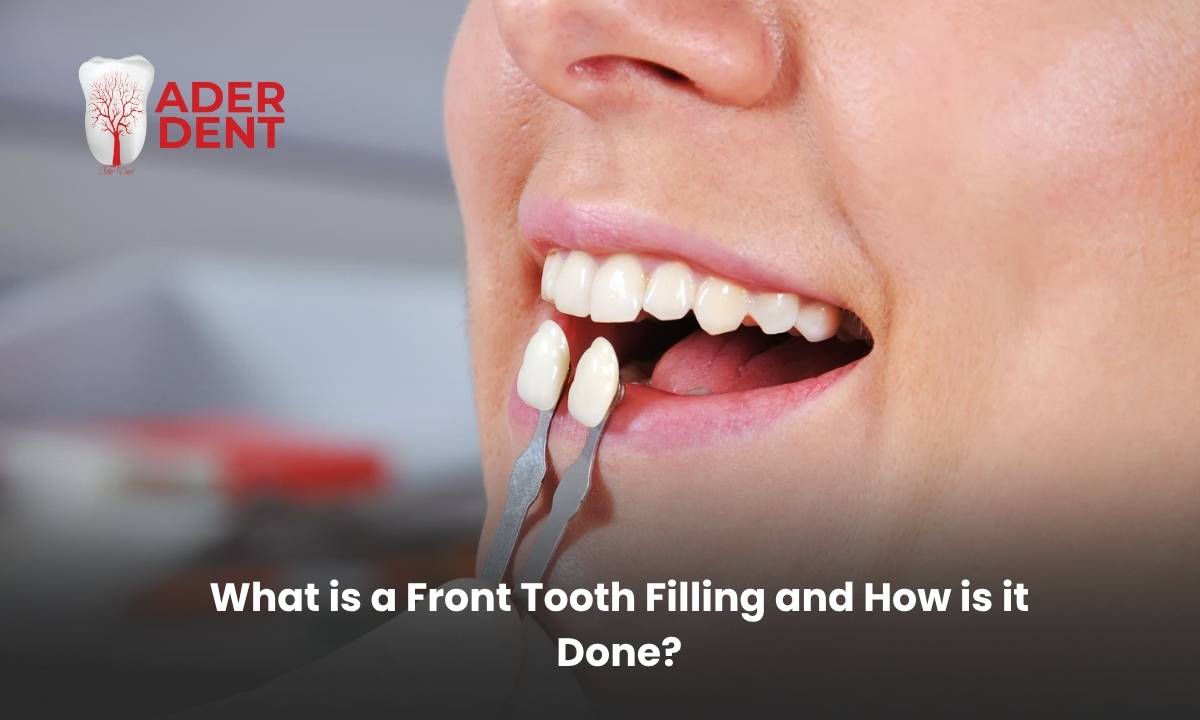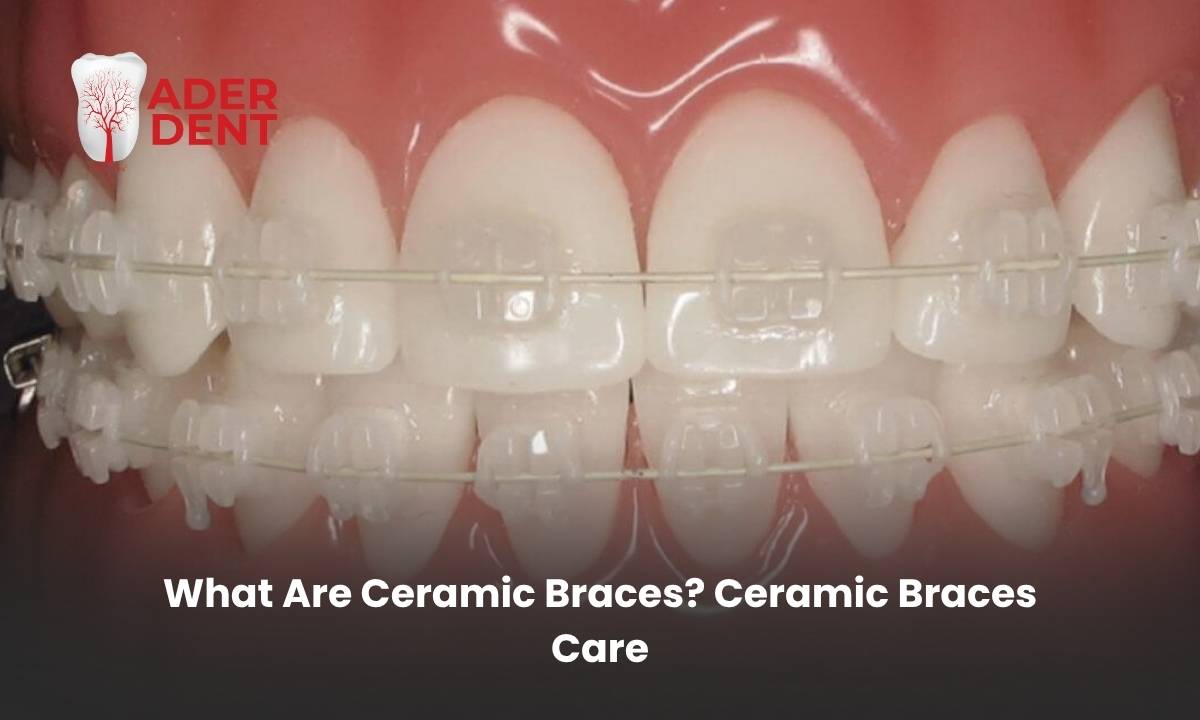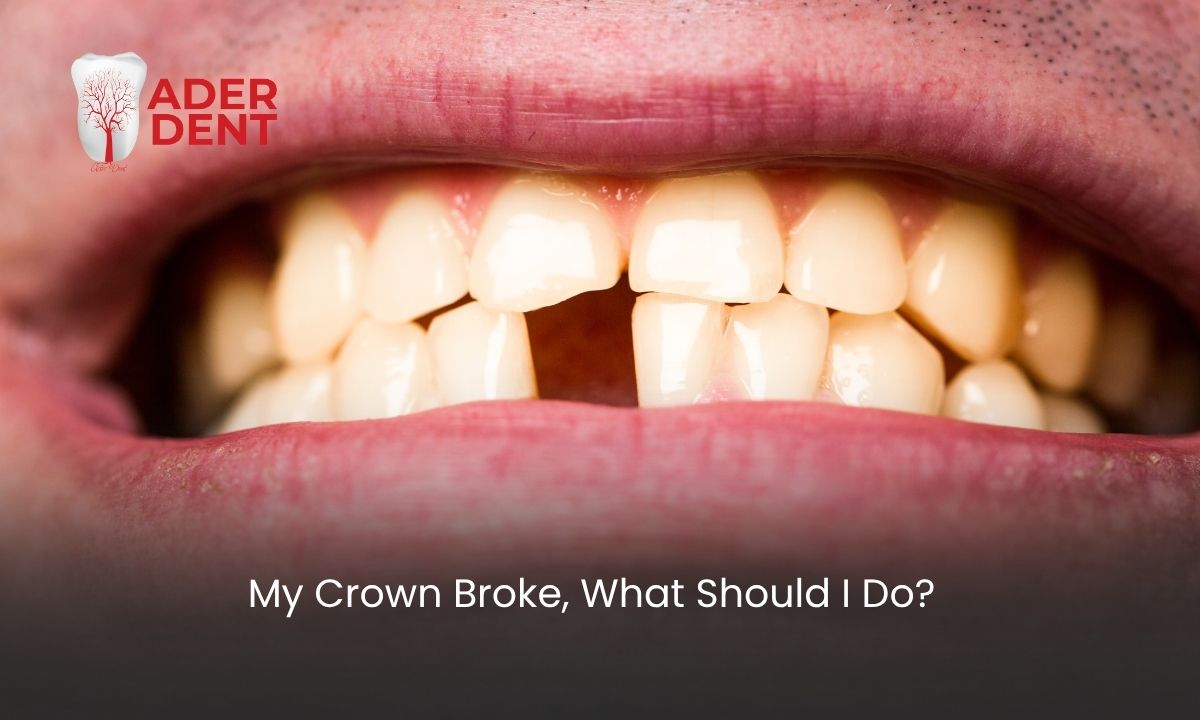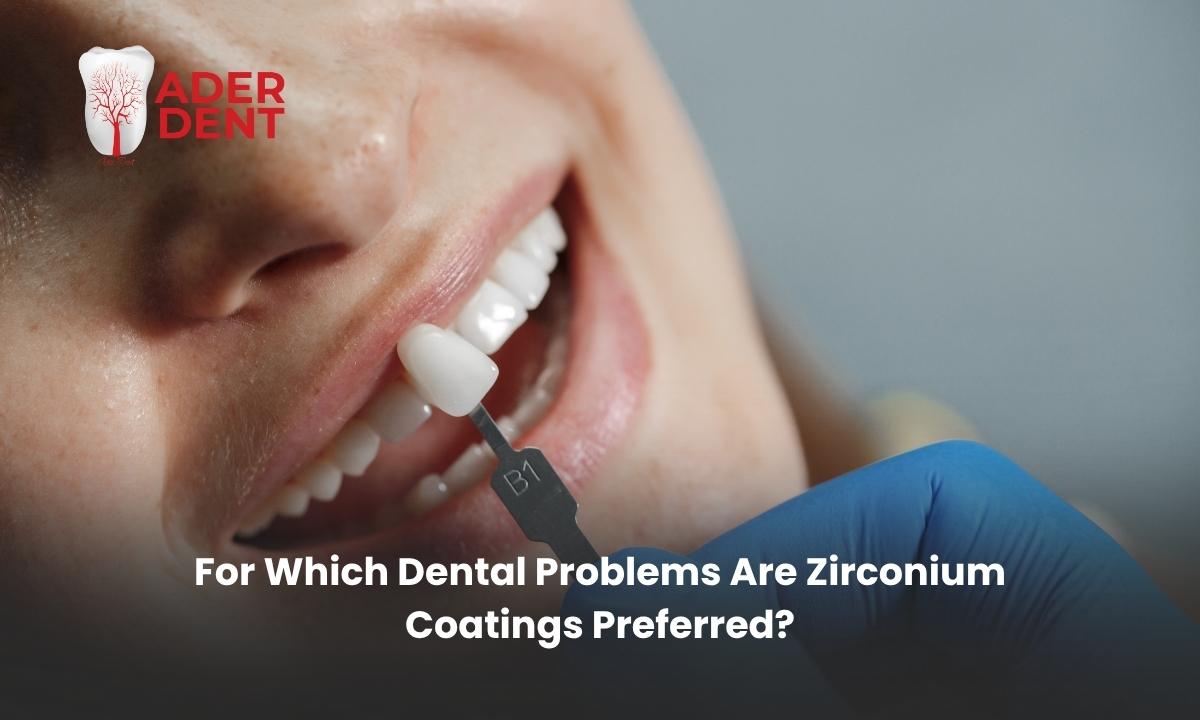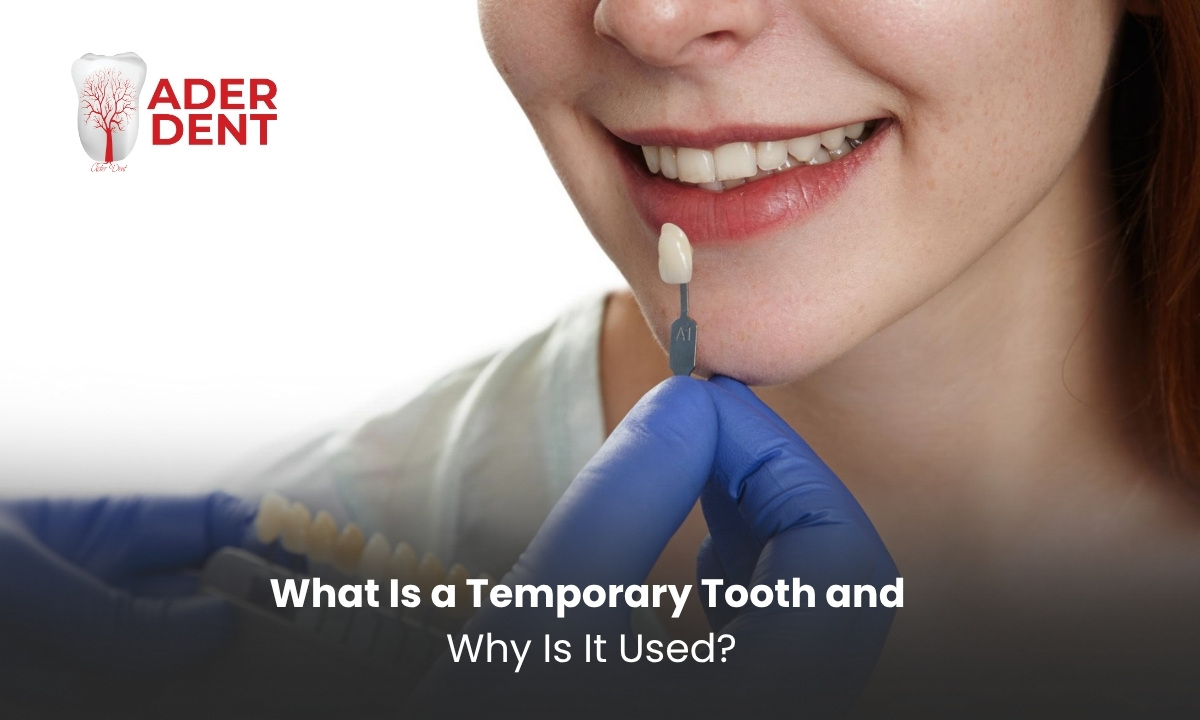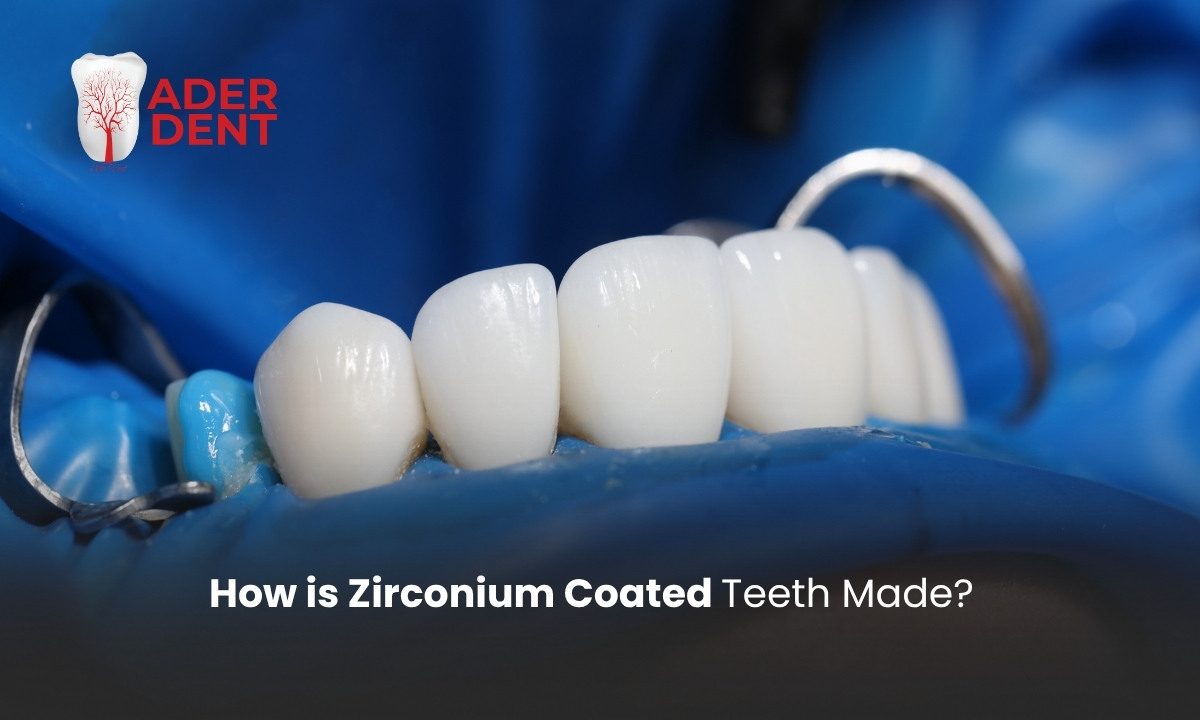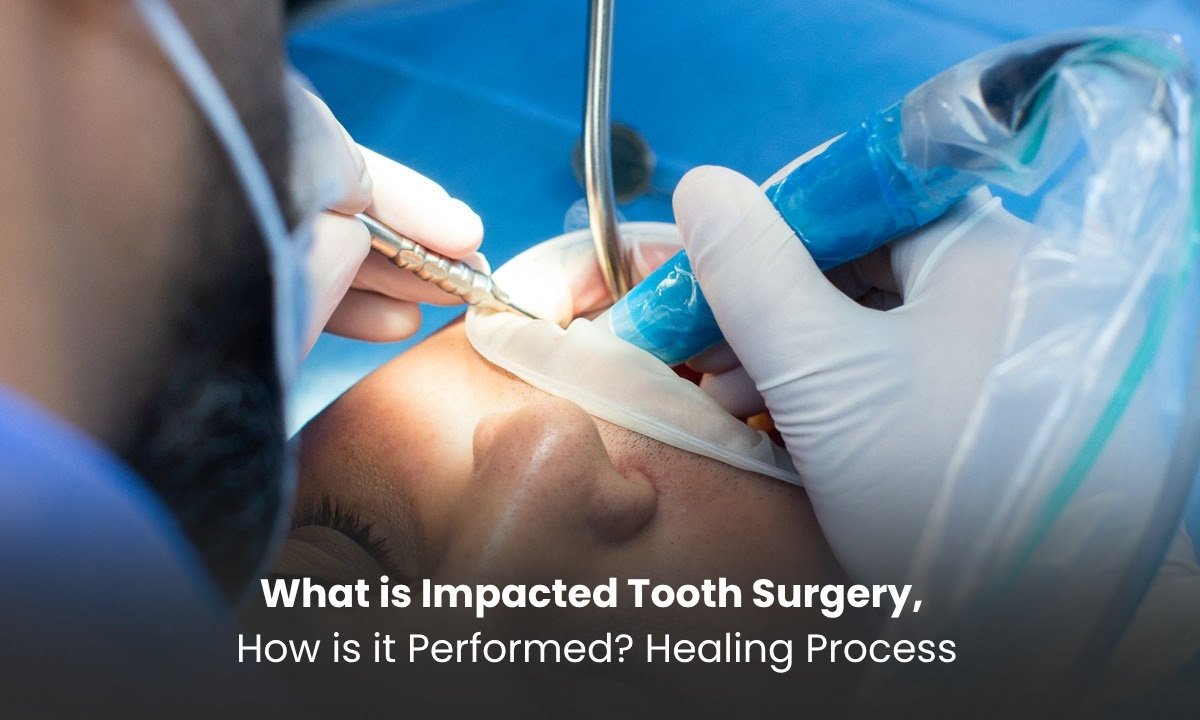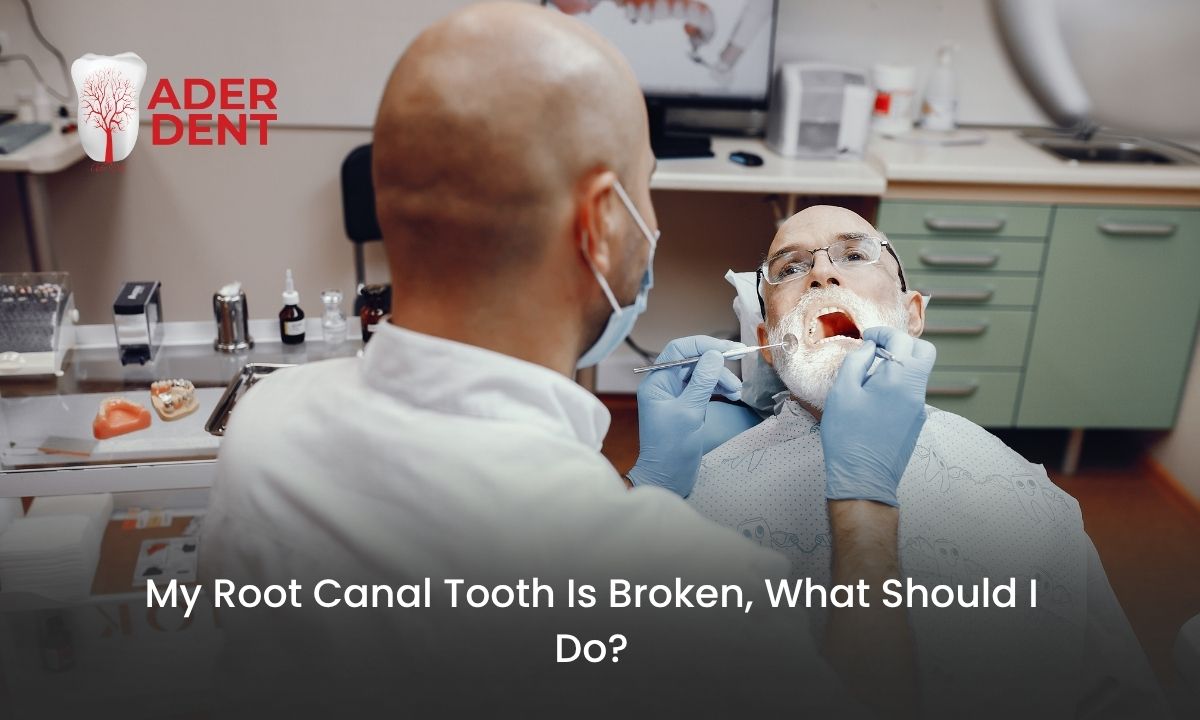
If a tooth that has undergone root canal treatment breaks, there is no need to panic. However, the size and location of the fracture can directly affect the treatment process. After root canal treatment, the tooth becomes more fragile compared to a natural tooth. This is because, once the nerve and blood vessels are removed, the tooth can no longer be nourished and gradually loses its strength.
For this reason, it is generally recommended to place a crown on a tooth that has undergone endodontic treatment (root canal treatment). If the fracture occurs before or after the crown has been placed, the condition of the tooth must be thoroughly evaluated. In some cases, the tooth can be saved, while in more severe fractures, extraction may be necessary.
What Should You Do If a Root Canal Treated Tooth Breaks?
When a tooth that has undergone root canal treatment (endodontic therapy) breaks, the first step is to determine the depth of the fracture. If only the upper part of the tooth is fractured, it can be restored with a composite filling or a crown. However, if the fracture extends below the gum line or involves the root, the tooth may need to be extracted. In such situations, you should see your dentist immediately, keep any broken pieces, and avoid putting pressure on the tooth.
How Can You Prevent a Root Canal Treated Tooth from Breaking?
Since a tooth that has undergone root canal treatment is more brittle, protecting it is crucial. Therefore:
- A porcelain or zirconia crown should always be placed after treatment,
- Avoid chewing hard foods,
- If you grind your teeth at night, wear a night guard,
- Do not neglect regular dental check-ups.
This way, your tooth can be maintained both functionally and aesthetically for many years.
If a Root Canal Treated Tooth Breaks, Is an Implant Necessary?
If a tooth that has undergone root canal treatment breaks and the fracture is too deep to allow the tooth to be saved, extraction may be necessary. In this case, one of the most reliable and permanent solutions is dental implant treatment.
After a tooth is extracted, the bone in that area gradually begins to shrink. This can lead to aesthetic problems and cause neighboring teeth to drift into the empty space, altering the jaw structure. To prevent this process, an implant stimulates the bone by mimicking the root of the missing tooth, helping to prevent bone loss. Additionally, chewing function is fully restored.
However, sufficient bone volume is required for implant treatment. If the tooth has been missing for a long time after the fracture, bone resorption may have progressed. In such cases, additional procedures like bone grafting may be needed.
In short, if a root canal treated tooth breaks, seeing a dentist without delay is critical to ensuring successful implant placement. For more detailed and personalized information about the process, we recommend getting support from your dentist or the Pendik dental clinic.
How Long Can a Root Canal Treated Tooth Last?
A tooth that has undergone root canal treatment can last 10–20 years or even longer if properly restored and if the patient maintains good oral hygiene. However, if a crown is not placed, the risk of fracture increases significantly, shortening this lifespan. Habits such as teeth grinding, not wearing a night guard, and excessive pressure from hard foods can also impact how long the tooth lasts.
Should You Choose a Filling or a Crown for a Root Canal Treated Tooth?
The restoration applied to a tooth that has undergone root canal treatment depends on the location of the tooth and the amount of remaining healthy tissue. If there is enough healthy tissue in the front teeth, a composite filling can be used; however, a crown covers the tooth from all sides, preventing it from breaking, and is securely fixed with dental adhesive.
However, especially for molars or when there is a significant loss of tooth structure, a zirconium crown is a much safer option. This is because a filling does not cover the tooth from the outside, so it cannot protect against chewing forces. A crown, on the other hand, surrounds the tooth on all sides, preventing it from breaking.


 TR
TR






